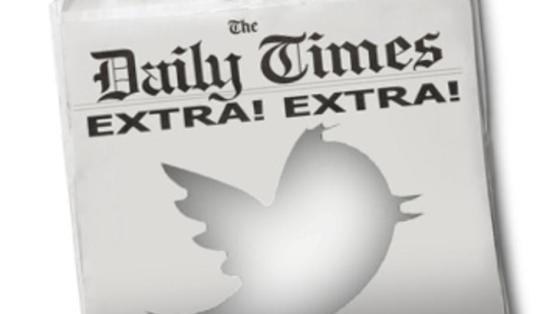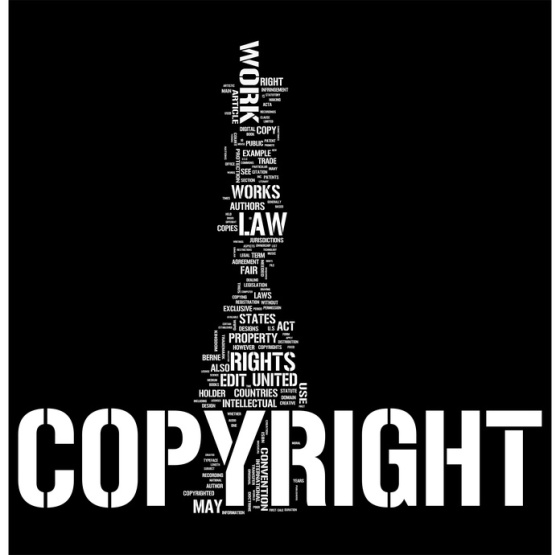As I have had the opportunity to use many different tools on the internet such as Storify, YouTube, Wikipedia, blogs, and podcasts I feel that I have broaden my horizons on the new forms of journalism and have now enabled me to be an active participant in the online world. I have become more inclined to become a produser. I have learnt many new ways of interacting on the web and feel that these experiences will now enable me to be an active participant in uploading my views online. In the article written by Bird “Are We All Producers Now” he talks about the new forms of produsage. “Key examples for such produsage can be seen in the collaborative development of open source software, the distributed multi-user spaces of the Wikipedia, or the user-led innovation and content production in multi-user online games’ more explicitly equated ‘produsage’ with fan activity, as fans were able not only to communicate amongst themselves about media but also to participate in the creation of digital content, problematizing further the notion of the audience” (Bird, 2011). What he is explaining, is that with web 2.0 we are more inclined to be producers and users of information and knowledge.
I believe Bird’s statement is accurate with these new forms of journalism we are now able to upload and download information. We as individuals find it hard to put an exact number on the amount of time we spend on the computer because so much of our daily lives revolve around it. “1% of the members of a web community upload material, but no more than 10% of the users comment on or modify that content, and upwards of 90% of the community remains content to download without uploading“ (Lunenfeld, 2007). As we can see many individuals are not active participants in the online world of journalism, this could be due to many reasons as they feel there comments might be judge or that what they say may be impinging on copyright laws if there statement is someone else`s idea. Downloading information is much easier then uploading content. “The demand to participate can become coercive, exhausting the very collective faculties it officially celebrates. While interactivity can be imagined as the “like” or “retweet,” it also encompasses the “agree to terms” button” (Stern, 2012). As stated in this article individuals find the action of getting involved in the online world to be very tiring, and can cause them extra stress to be aware of what is happening in the world around them and on online networks. I to can see where there is added pressure to be constantly interacting with friends and family and acknowledging that you have seen their tweet or read their Facebook message. With these new forms of interacting we can become prisoners of our own devices and forget the world around us.
There is also the fear of the internet becoming overloaded with information that is false or misleading or the internet becoming infected by a virus and then it becoming obsolete.”These are the intermingled fear of the omnipotence, like the murderous artificial intelligence named HAL from Stanley Kubrick’s film 2001, and the utter helplessness of technological overdependence that manifested themselves in the panic about the Y2K virus at the turn of theMillennium” (Lunefeld, 2007). This quote is explaining that as a society we heavily rely on the internet, and as it becomes more advanced and becomes more knowledgeable the more it may become a robot and take over the world. The internet contains lots of information that confidential as well as public and with information comes power and by putting all of our knowledge into one source the opportunities of something catastrophic happening to the World Wide Web are endless.
There are many limitations to the fact that we are all produsage of the internet. Some limitations are that the information we may read on blogs or on other web pages could be people’s opinions and should not be consider truth or fact. There is the issue with copyright infringement, much of what we read online is a remix of others intellectual property and this then becomes a debate of where to draw the line between individuals own ideas and valid remix`s of their ideas. The question that we must ask our self is how to mitigate this problem; I believe that for sites that are relied on for valid information should all be sourced with scientific articles and have a symbol on them to say that they are verified sites, something very similar to twitter accounts verification. The government could get involved with intellectual property rights and have internal controls in place to detect when media such as music and media are being uploaded onto the sites that have not been verified. They can put some sort of code into the media therefore if it is uploaded to an illegal site it will notify authorities and they can then be aware of this illegal site and then kibosh the site. These are just a couple ideas of how we can limit the risk of produsage information.
- Bird, S. E. (2011). ARE WE ALL PRODUSERS NOW? Cultural Studies. 25 (4-5), pp. 502-516
- Lunenfeld, P. (2007). History as Remix: How the Computer Became a Culture Machine. Rue Descartes no. 55: Philosophies entoilées. Online [PDF]
- Sterne, J. (2012). What if Interactivity is the New Passivity? FlowTV. 15.10. Online
Picture:





